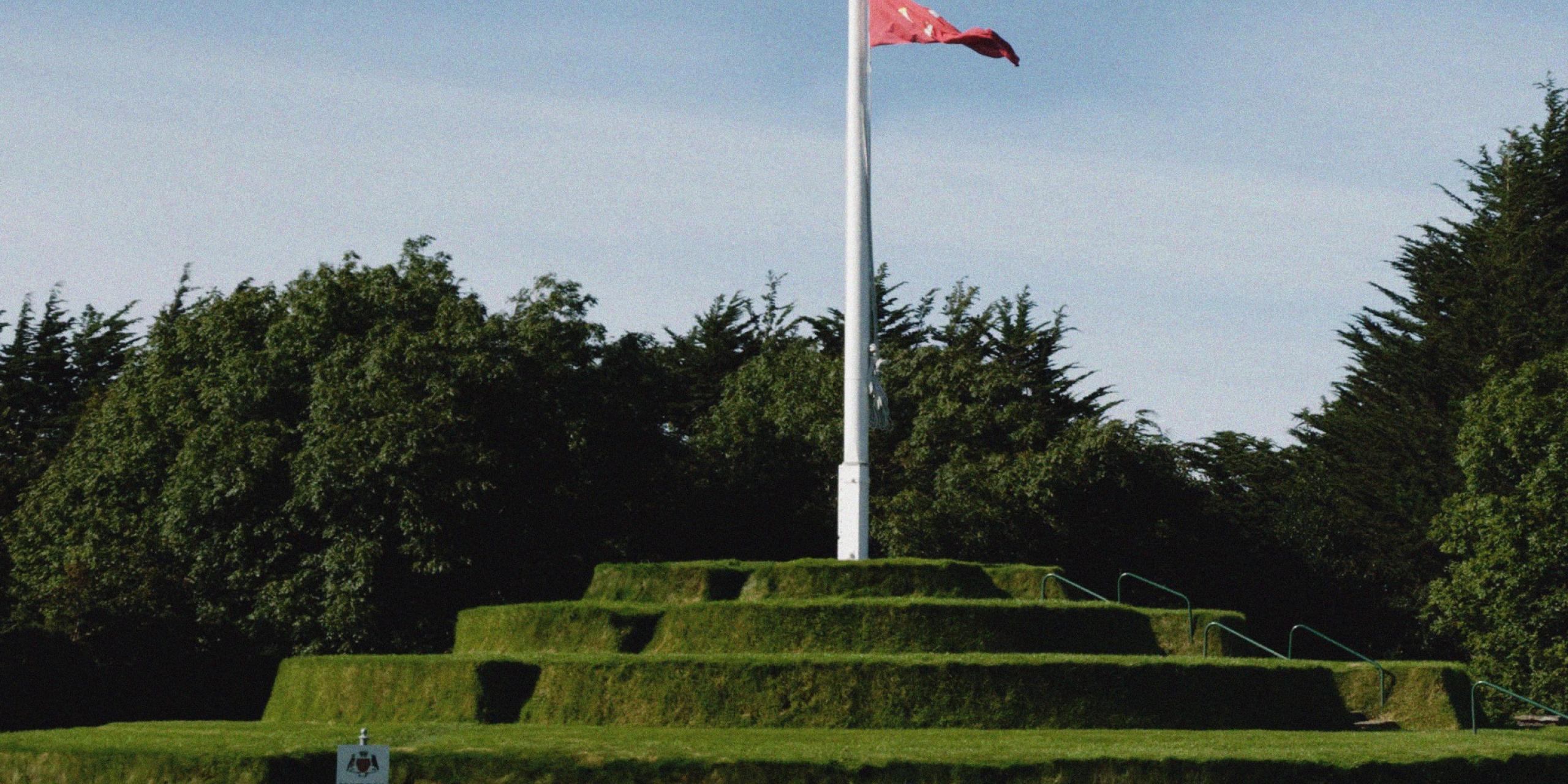
Cradle of democracy
The Manx Parliament in Tynwald, Isle of Main is one of the oldest parliaments in the world. Over 1,000 years ago, it was established by Nordic settlers, who introduced their customs and legal systems. The basic principle known as the “Ting” or gathering, where political decisions were made, laws upheld and disputes settled.
“Our little nation is the only Norse nation now on earth that can shake hands with the days of the Sagas, and the Sea-Kings. Then let him who will laugh at our primitive ceremonial. It is the badge of our ancient liberty, and we need not envy the man who can look on it unmoved”.
The quote comes from an observer at St. John’s on 5 July, the Manx National Day. He was watching a ceremony, which has continued unchanged, except in detail, for more than 1,000 years. The annual outdoor sittings of Tynwald, the Manx Parliament, date back to the Viking settlements that began in the eighth century of the first millennium AD.
No other parliament in the world has such a long, unbroken record
This place lies not only at the geographical heart of the Isle of Man, but also at the heart of the island’s sense of nationhood. Tynwald, the Manx Parliament, which meets regularly throughout the year, but most notably outdoors at St John’s on 5 July, is a direct legacy from the Viking ancestors. Norsemen first came to Mann around the year 800 AD, and ruled the Island for four-and-a-half centuries before finally ceding it to the King of Scotland in 1266.
By then they had firmly imposed their own administrative system, which continued even while the Island’s ownership passed between Scotland and England, to the Stanley family of Lancashire (Lords of Mann from 1405-1736) and to their kin, the Dukes of Atholl, who held it until it was re-vested in the British Crown in 1765.
A little more info
- For well over 1,000 years the inhabitants of the Isle of Man have gathered at midsummer to hear the laws of their land proclaimed, to seek justice and to air their grievances.
- In most of the Nordic countries summer also sees “Folkemøder”: festivals where politicians and the broader public meet to discuss politics, thereby perpetuating the tradition of the Ting.
- The Ting.
- The Scottish parliament established in 1999 is also strongly inspired by contemporary Nordic societies. So is the architecture of the parliament building. With the debating chamber representing dialogue and openness, the Scottish Parliament looks and functions very much like its equivalents in the Nordic countries. Read more.



